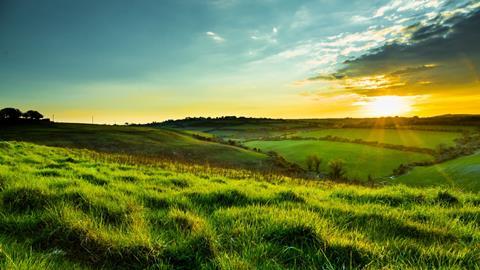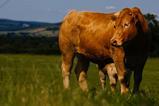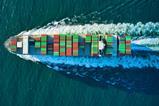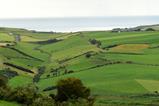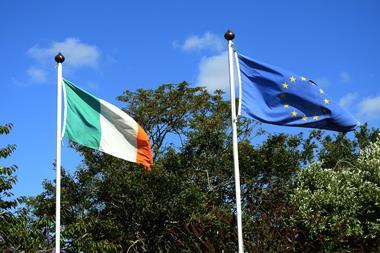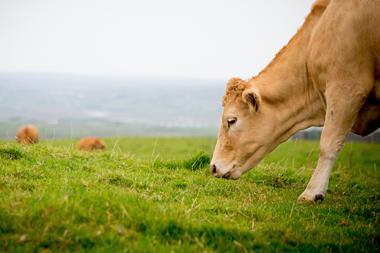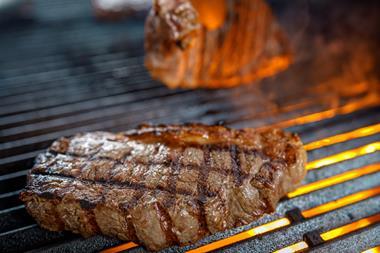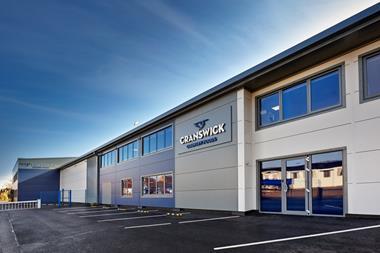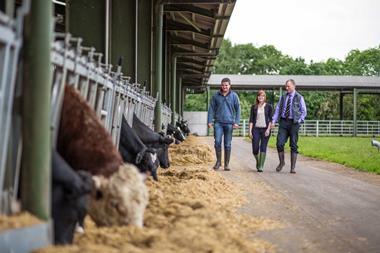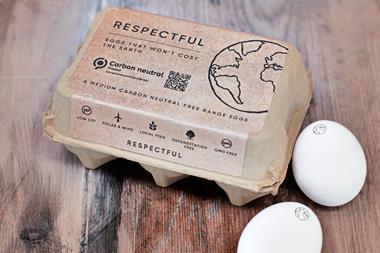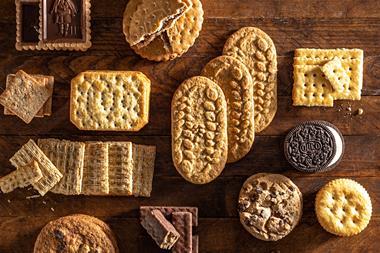Sustainability is increasingly influencing shoppers’ food and drink buying choices, including UK beef. Bord Bia (The Irish Food Board) recently undertook a comprehensive study to gain insight on how much this influences their purchasing decisions.
Environmental awareness among consumers has increased significantly over the past few years and, in particular, surged throughout the pandemic. In the last year alone, 7 in 10 British adults have made an effort to purchase more sustainable products and, interestingly, there is a growing belief among consumers that everyone needs to play their part in making more sustainable choices1.
The term ‘sustainability’ has evolved and now encompasses a variety of different factors, from reducing carbon emissions and creating sustainable packaging to sourcing local and limiting food miles. As consumer awareness grows around these different facets, the wider sustainability agenda is increasingly influencing food and drink buying choices, with this trend set to continue. In Bord Bia’s (The Irish Food Board) recently released Global Sustainability Insights Report, almost two-thirds of UK consumers surveyed stated that sustainability will be important over the next three years2.
When it comes to beef, in particular, consumers around the world are increasingly looking for natural, sustainable and high-quality products. As shoppers become more aware of where their food comes from and how it is produced, they are also eager for more information and transparency in this regard. According to the recent UK Meat Shopper Insight Report from Bord Bia, 72% of shoppers would like to know more about how the beef they consume is produced3.
Sustainability remains an important driver for UK shoppers when it comes to making beef purchasing decisions. Within that, however, it is the welfare of both the animal and the environment that has the most significant influence on consumers’ grocery shopping. Buyers also believe these attributes are worth paying more for, with 30% of consumers willing to pay a premium for beef with high welfare standards, according to Bord Bia’s latest report4.
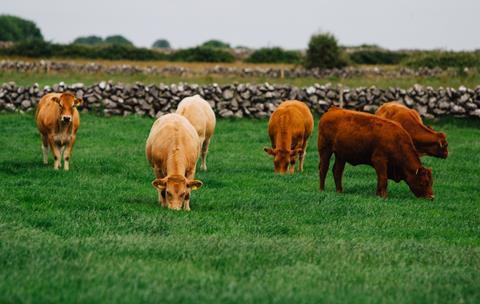
Demand for grass fed beef is also growing in importance for UK shoppers, becoming the third strongest motivator for future purchases, right behind value for money and beef that is ethically reared5. Interestingly, it is also one of the key methods by which shoppers define better-quality beef6. According to the study, 88% of UK shoppers would purchase Irish beef, based on its high quality, flavour and the trust consumers place in beef from Ireland7.
This trust is rooted in Ireland’s Sustainable Beef and Lamb Assurance Scheme (SBLAS), which was developed in response to demands for sustainably produced meat in the marketplace and ensures that Irish beef lives up to these expectations and standards. This is achieved both through a reduction in environmental impact by adopting more sustainable farm management approaches – including implementing biodiversity initiatives such as planting more hedgerows and trees on farms – as well as always ensuring the welfare of the animal is at the heart of the grass-based production system.
Ireland’s beef sector is rooted in grass-based production systems at farm level, meaning it is well positioned to meet the growing demand for premium grass fed beef, particularly grass fed steak, which two-thirds of the consumers surveyed for the Meat Shopper Insights report were keen to see more of on-shelf8.
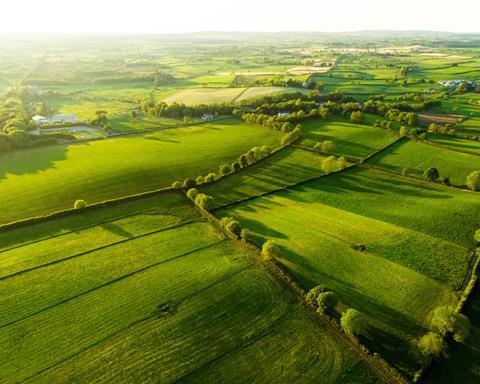
Ireland’s mild climate and plentiful rainfall makes it naturally suited to sustainable grass-based production farming. Around 80% of Ireland’s agricultural land consists of lush grass, full of clover and herbs and, with one of the longest grazing seasons of all countries in the northern hemisphere, it’s an ideal natural environment for rearing herds, which have the freedom to graze outdoors for most of the year.
Irish farms are traditionally family owned and, from generation to generation, farmers pass on their craft, passion and care. All of this, says Bord Bia, translates into nutrient-rich, premium-quality and tasty beef.
TV campaign
These attributes of Irish agriculture are taking centre stage in the current Irish beef TV advertising campaign running on ITV breakfast morning programmes throughout October and November. In fact, research following a similar TV campaign in 2020 found that one in two shoppers would look to purchase Irish beef on their next grocery shop9.
Bord Bia’s Grass Fed Verified Standard for Beef10, the world’s first on a national scale which is ISO accredited, is a processor scheme that allows it to track and verify the percentage of grass consumed in the diet of Irish beef herds. For herds to qualify for the Grass Fed Standard, grass must constitute at least 90% of feed intake throughout each animal’s lifetime. According to Bord Bia research, 68% of UK shoppers would be more inclined to purchase retail packs of beef with the Bord Bia Grass Fed logo on it11.
To find out more about tasty, grass-fed beef from Ireland, click here.
Sources
1+2 2021 Global Sustainability Insights Report
3+4+5+6+8 2021 Meat Shopper Insight Report
7+9+11 2020 Bord Bia Irish Beef Brand Health Check
10 The standard is supported by the government and recognised by the Irish National Accreditation Board (INAB). It uses data collected during the ISO-accredited Sustainable Beef and Lamb Assurance Scheme (SBLAS) on-farm audits to determine the grass-fed status of each participating herd.
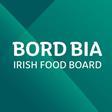
Headquartered in Dublin, Bord Bia supports the national and international ambitions of Irish food, drink and horticulture businesses through its highly focused organisational structure and its network of offices in EMEA, Asia and the USA.
View full Profile






